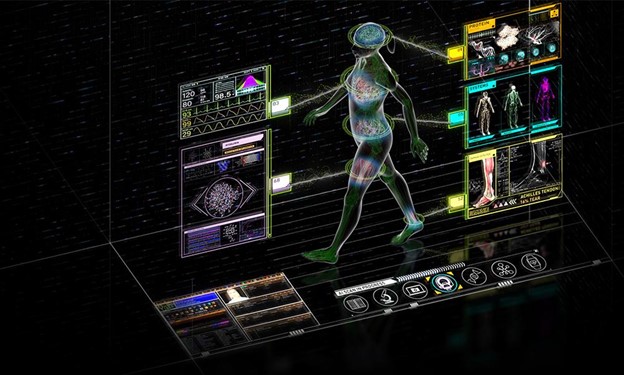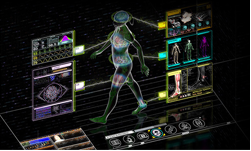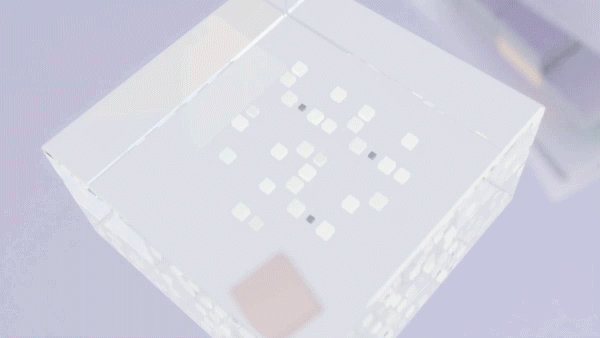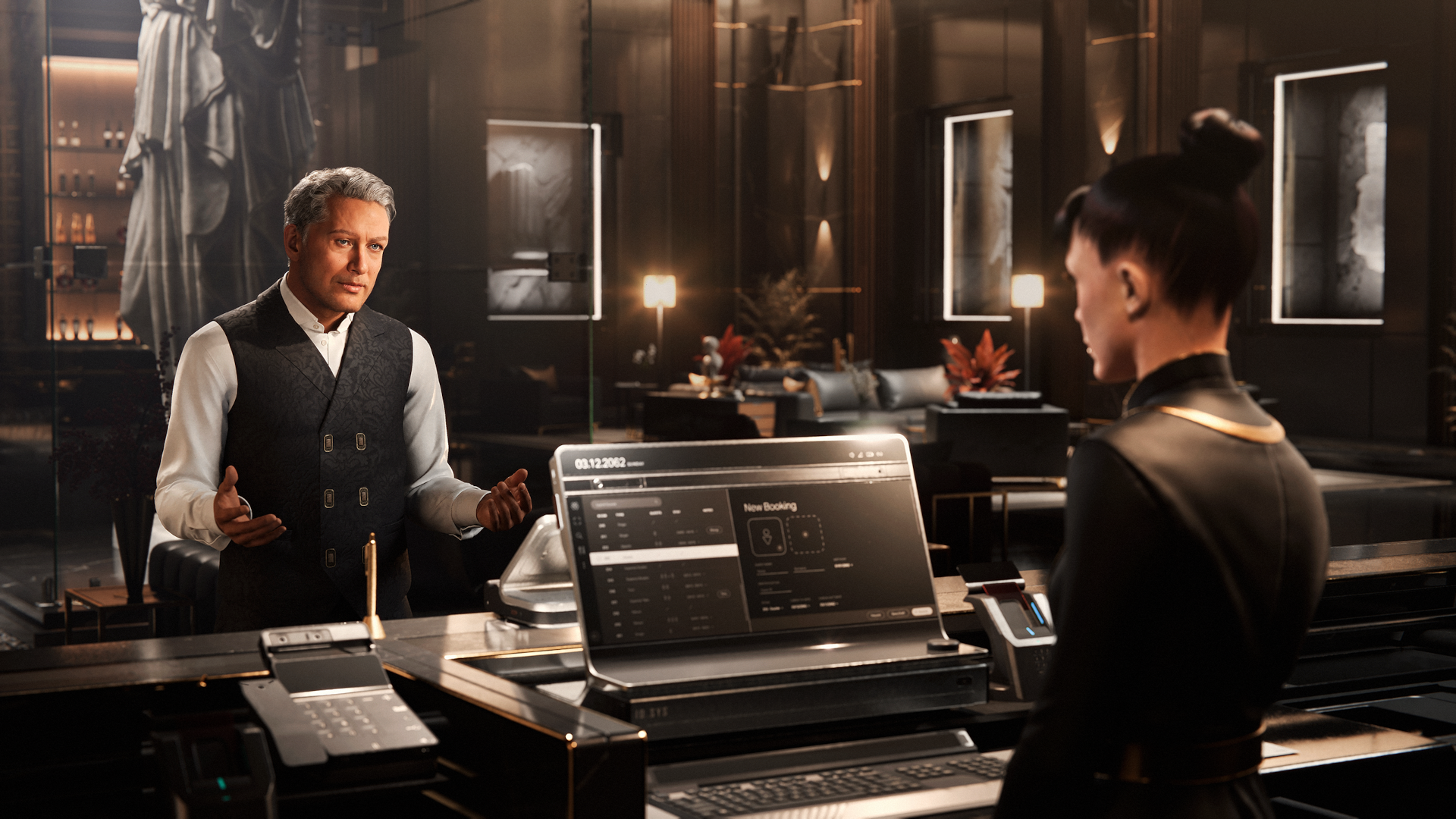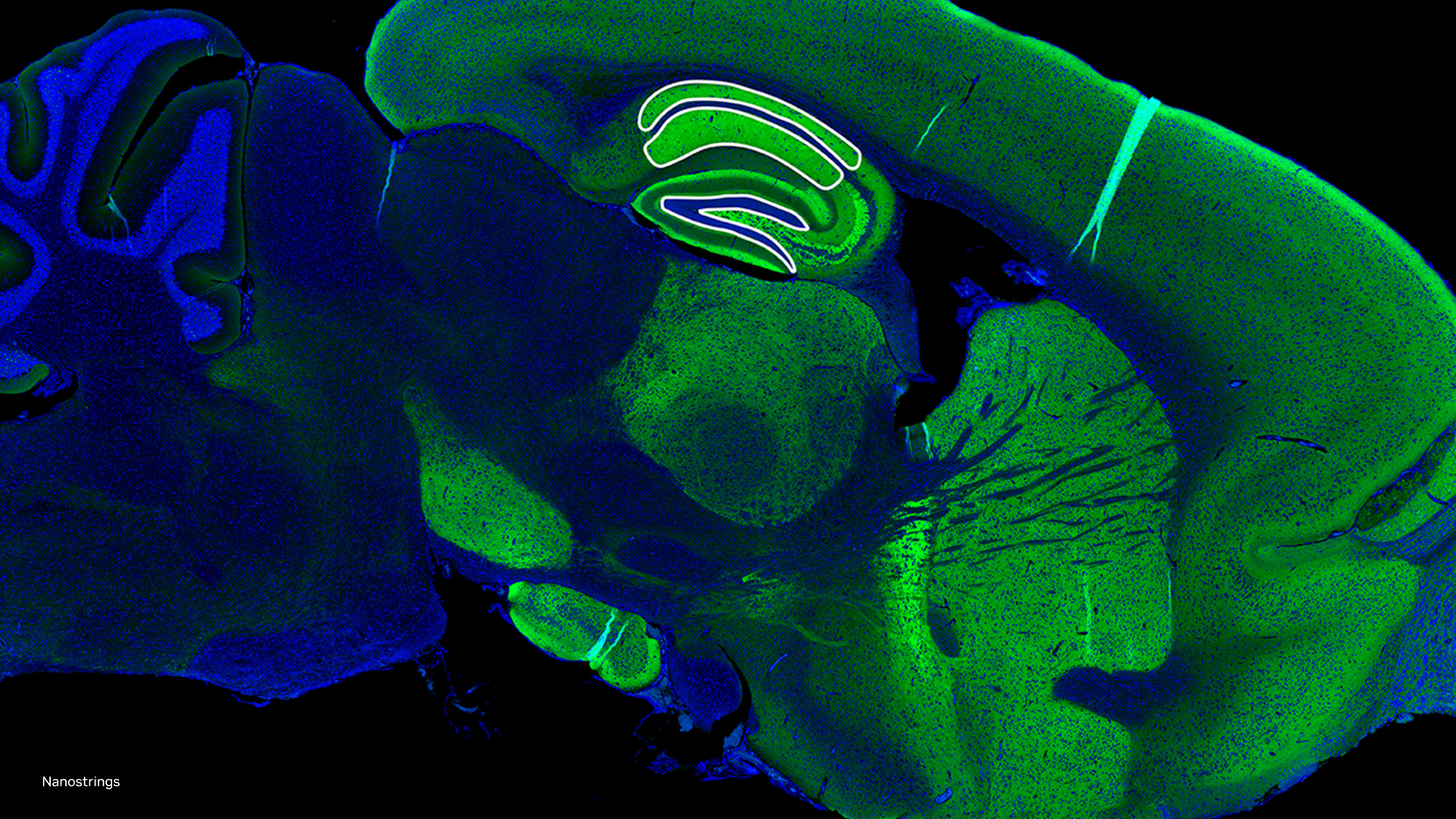Humanity has seen major scientific breakthroughs directly related to discoveries that do not share the glamor of the breakthrough they enabled.
Sir Alexander Fleming’s penicillin gave rise to effective treatments for infections like pneumonia, but penicillin’s importance outshines a technology known as the Petri dish, invented by a German physician. It was in a Petri dish that penicillin was found when Fleming returned from his vacation.
Naturally, the importance of the tools and components that enabled scientific advancements and technological progress are not as celebrated as the new technology, but they are just as important to the discovery.
Today, in a world full of open-source projects, pretrained machine learning models, and affordable computing available at scale, developers and scientists have more resources to combine and create.
Like the Petri dish that enabled penicillin, developers and scientists can use existing components to generate new discoveries of great social impact in the healthcare industry.
NVIDIA Healthcare and Life Sciences Developer Summit
NVIDIA is hosting a free Healthcare and Life Sciences Developer Summit on November 10, 2022, with key webcasts for developers, startups, and industry leaders. The sessions show how NVIDIA technologies are supporting the future of medicine.
The virtual summit offers a full day of technical talks to reach developers and technical leaders in the EMEA region. Led by NVIDIA healthcare team members and startups like Relation Therapeutics, ImFusion, Rhino Health, and Quantib, the day features talks about high-performance computing, large language models, genomics, and medical imaging.
Supporting healthcare startups
NVIDIA has been nurturing more than 12K startups globally through the Inception program, its virtual accelerator, with nearly 2,000 startups in the healthcare industry.
At the latest GTC, success stories from Inception members were shared in the Accelerating Healthcare & Life Science Innovation with Makers and Breakers session. Startups such as Activ Surgical, Instadeep, Haply Robotics, DNAnexus, and Quantib talked about their experiences and recent achievements in medical imaging, medical instruments, and biopharma.
Renee Yao, Global AI Healthcare AI Startups Lead at NVIDIA, has seen several startups achieve success by leveraging NVIDIA technologies, enabling those in the healthcare and life sciences industry to build faster and cheaper.
A lot of innovation is happening in the healthcare space, particularly those contributing to enhancing precision health powered by machine learning. Yao advises startups to consider what scientific and software communities have already built before starting developments from scratch.
David Ruau, NVIDIA Head of Strategic Alliances in Drug Discovery, talks about the upcoming breakthroughs in the biopharma domain, not only through large and traditional companies but also through startups.
“The pace of innovation that AI has applied to drug discovery is still accelerating,” says Ruau. He believes that technologies such as transformers, geometric deep learning, diffusion models, and many other approaches applied to all the steps of the drug discovery process are contributing to giant leaps in innovation.
Ruau explains, “startups must be nimble and agile, as speed is key in this domain.” He points out the importance of funding and lowering the entry requirements for innovating with machine learning. Software developers and scientists can use NVIDIA open-source frameworks in the cloud, on-premises, or in a hybrid approach. This enables faster results by any healthcare technology startup, regardless of their funding stage.

Enabling with technology
NVIDIA technologies are used by organizations all over the world to accelerate their research and fuel new discoveries.
NVIDIA recently announced BioNeMo, a transformer-based framework and cloud service. It can process SMILES and protein sequences to predict structures and accelerate the discovery of druggable targets. BioNeMo has been built on top of the NVIDIA NeMo framework, a 3B parameters model, and it is already optimized for GPU.
Another major announcement came from Project MONAI, a PyTorch-based, open-source framework for deep learning in healthcare imaging. The latest version, 1.0, includes new and enhanced features, which include preprocessing for multidimensional medical imaging data, automated segmentation, GPU data parallelism, and more.
Useful for creating state-of-the-art, end-to-end training workflows for healthcare imaging, MONAI provides researchers with the optimized and standardized way to create and evaluate deep learning models.
Following these two announcements, select startups are presenting their research at the Healthcare and Life Sciences Developer Summit, open to all.
DNA-to-gene-expression model
Relation Therapeutics, a drug discovery startup from London, is using transformer-based machine learning and ActiveGraph technology to better understand the biology of diseases. They aim to discover and develop new therapeutics, help humanity understand why patients become sick, and ultimately cure disease.
Their technology can understand combinatorial relationships between genes, proteins, and drugs. It involves calculations that require efficient use of computational resources and an exceptional interdisciplinary team of researchers, machine learning, data scientists, and engineers to devise these models.
Relation Thereapeutics is currently training a transformer-based DNA-to-gene-expression model on 80 NVIDIA A100 GPUs. The GPUs are hosted on Cambridge-1, the UK’s most powerful supercomputer. It has 400 petaflops of AI performance that leverages NCCL and cuDNN for GPU-optimized workflows.
By using existing technologies, such as NVIDIA GPUs and an optimized software stack, Relation Therapeutics can create novel approaches that push the boundaries of what is known about biology. They are becoming one of the best modern-day examples of how to leverage existing technologies to create new ones and positively impact human health.
The future of medicine
Our society is already witnessing historical breakthroughs powered by computational methods, and startups play a crucial role in achieving such advancements.
A new era of scientific discovery and computational biology has begun, and NVIDIA technologies are the reliable ground in which innovation can be built upon. Speeding up scientific development or serving as a catalyst of novel stunning technologies, like the key tools that enabled penicillin to exist.
NVIDIA is enabling thousands of individuals and organizations across all industries through its optimized computing stack, enabling major technological transformation. Register now for the Healthcare and Life Sciences Developer Summit on November 10, 2022 to see how key startups are defining the future of medicine with the power of AI.


